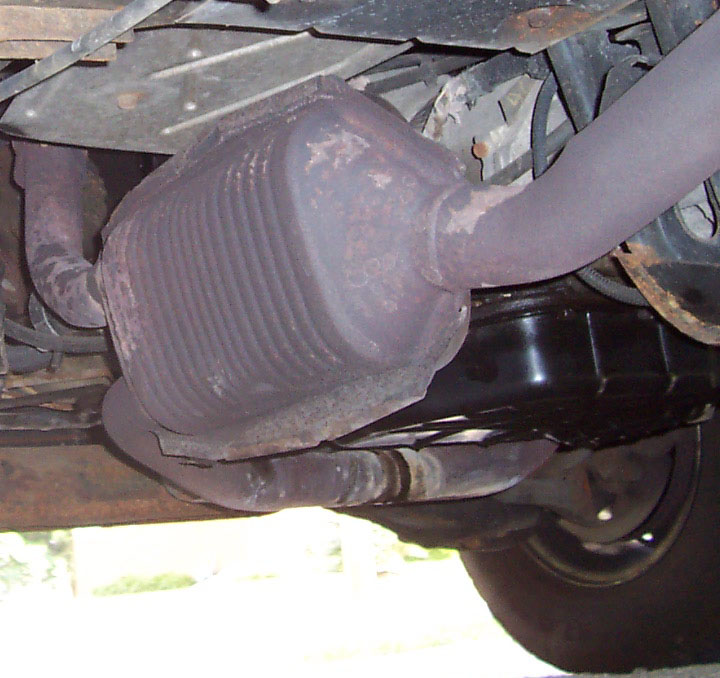One of the most undervalued diagnostic tools is the human nose. There’s a lot our nose can tell us about a vehicle with a few quick sniffs. If you happen to smell a rotten egg smell coming from your Toyota Venza, it is certainly a cause for concern. It is most commonly associated with a bad catalytic converter.
The smell that you are smelling is obviously not rotten eggs. It is hydrogen sulfide, which is a product of the sulfur in gasoline. When the catalytic converter is working properly, it converts the hydrogen sulfide into sulfur dioxide, which is odorless.
Rotten Egg Smell Causes: Toyota Venza
The smell of rotten eggs is one of the most common smells that a vehicle will make. It can describe a few things. But, this smell is most associated with a failing catalytic converter.
Bad Catalytic Converter
The catalytic converter(s) sits in between your engine and the tailpipe of the vehicle. It scrubs out the majority of the pollutants that your engine makes. There are oxygen sensors on both sides of it. These are known as the “upstream and downstream” oxygen sensors respectively. They report the exhaust gas levels as they enter and exit the converter.
If the upstream and downstream oxygen sensors determine that one of your Venza’s catalytic converters is not doing its job properly, it’ll throw the trouble codes P0420, or P0430 respectively. If you have this code AND the smell of rotten eggs, it is very strong evidence that the catalytic converter is bad.
Diagnosis
- Check the Trouble Codes– When a catalytic converter has gone bad, they will let you know by throwing a diagnostic trouble code, such as P0420. If your check engine light happens to be on, take a look and see if you have a trouble code related to the converter.
- Performance Loss– It is also worth mentioning that a catalytic converter that is clogging will eventually cause a severe performance loss. Your engine is a pump. Too much back pressure from a clogged converter can clog the pump, and cause your Venza to misfire. It is common to see P0300 if this is the case.
Usually this loss of performance will feel like the vehicle just runs out of go at a certain speed. It’ll still rev fine in neutral, but when you really need the power, it just won’t be there.
Overheating
Keep an eye on your temperature gauge if you smell rotten eggs. An overheating engine can smell a bit like rotten eggs. It can smell like a lot of things. It really depends on what fluids are on and around it that get hotter than they normally would. When these fluids (oil, antifreeze, power steering fluid, etc) get hot, they can cause the smell of rotting eggs.
Burnt Clutch
If your Toyota Venza has a manual transmission, a burnt clutch can have a very strong smell of eggs. It’s the smell of the clutch disk burning up. A clutch that is at the end of its service life will begin slipping when it is being asked to move a lot of force from the engine to the transmission. When this happens, the RPM’s rise like you’ve released the clutch momentarily and it creates the smell of rotten eggs.
Wrapping Up
If there is anything that you could add to help the next person who has a rotten egg smell coming from their Venza, please leave a comment. We’d appreciate it. Good luck!


